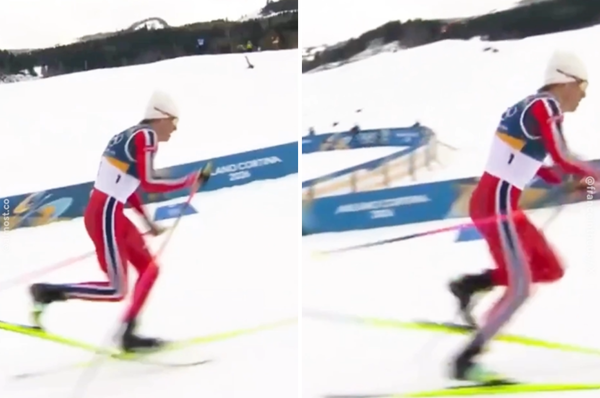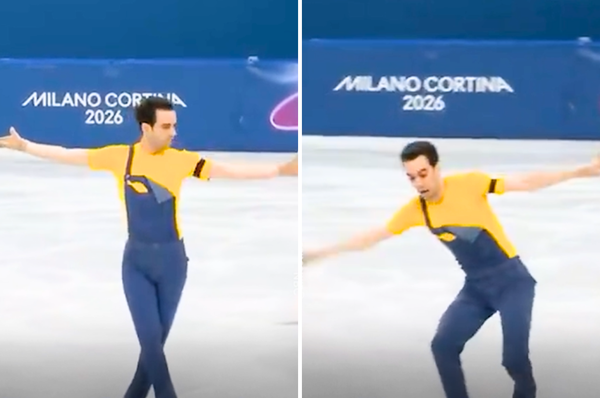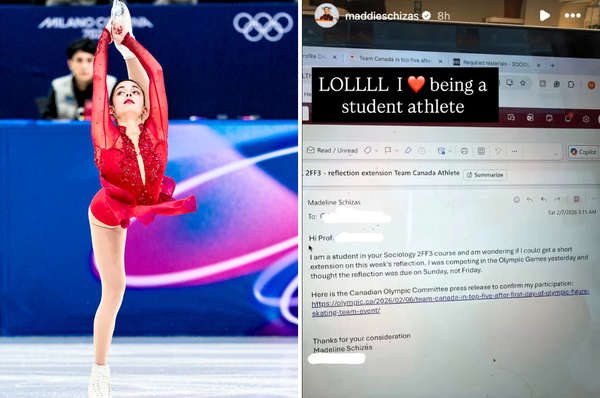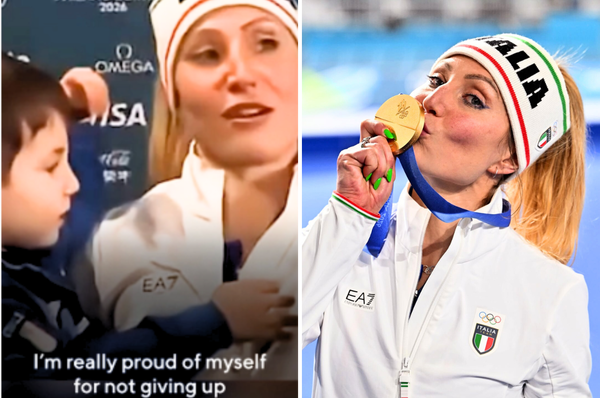Chinese Tennis Star Peng Shuai Has Denied Saying She Was Sexually Assaulted By A Former Vice Premier
Peng Shuai, the Chinese tennis star who last month said she had been sexually assaulted by a former vice premier of China, has denied her comments in a video interview with a Singaporean state-run outlet.
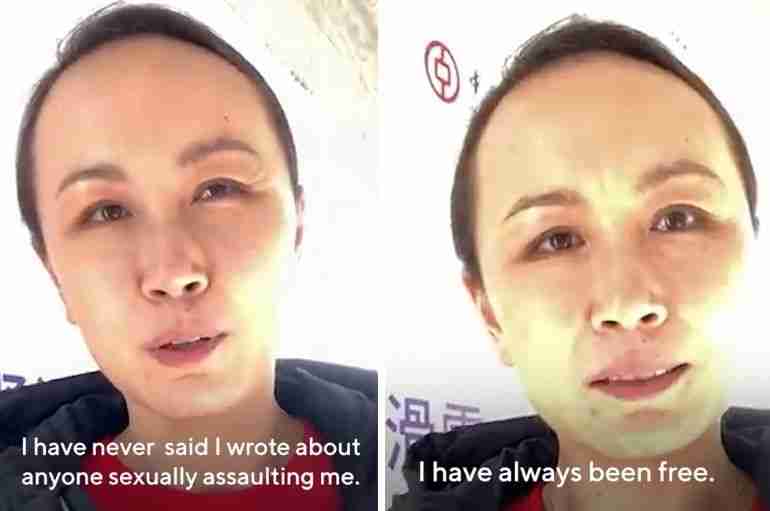
Peng Shuai, the Chinese tennis star who last month said she had been sexually assaulted by a former vice premier of China, has denied her comments in a video interview with a Singaporean state-run outlet.
Speaking to Lianhe Zaobao, under the state-controlled Singapore Press Holdings, Peng said in a video published on Sunday Dec. 19 that she had “never claimed or written about anyone having sexually assaulted me.”
“With regards to Weibo, it’s about my personal privacy,” she said in the video. “There’s been a lot of misunderstanding… There should be no distorted interpretation.”
The 35-year-old had shared a post on her Weibo on Nov. 2 saying that she had been sexually assaulted by Zhang Gaoli, a 75-year-old former Chinese vice premier, after he invited her over to his house to play tennis with him and his wife.
“I hadn’t consented that afternoon; I cried the whole time,” Peng, who became the first player from China to be ranked world No. 1 doubles by the World Tennis Association in 2014, wrote.
It was the first time a #MeToo case had involved a member of the Chinese Communist Party.
Peng’s post was gone from Weibo within 30 minutes, and searches for her name and even the word “tennis” appeared to be blocked, according to the New York Times.
Peng then disappeared from public view, prompting international concern about her safety and wellbeing as the media and the Women Tennis Association (WTA) said they had failed to get in touch with her.
Tennis stars including Naomi Osaka and Serena Williams joined calls for the Chinese government to confirm Peng was safe.
Chinese state-run broadcaster CGTN then published an alleged email Peng sent to the WTA confirming her safety and denying the allegations.
“The news in that release, including the allegation of sexual assault, is not true,” the email said. “I’m not missing, nor am I unsafe. I’ve just been resting at home and everything is fine. Thank you again for caring about me.”
The veracity of the email was widely doubted, with many saying that it may have been written under duress, leading the WTA to suspend future tournaments in China.
Other photos and videos of Peng were later shared by journalists at state-run outlets, and the International Olympic Committee said it had a video call with her where she confirmed her wellbeing, but concerns remained.
In the interview on Sunday, Peng said that she had written a Chinese email to Simon, but CGTN had translated her email to English.
“They more or less said the same thing,” she said, adding that she had written the email “entirely on my own volition” and she had “always been free.”
On Sunday, a journalist at the Chinese state-owned Global Times also shared a video of Peng having a conversation with two people, including Chinese basketball player Yao Ming.
The journalist said that a friend had sent her the video that morning of Peng at an event in Shanghai.
Human rights groups have voiced their doubts about Peng’s latest denial, saying that Chinese authorities appear to have forced her into rehearsed video appearances, according to the New York Times.
“Only deepening concerns about the pressure to which the Chinese government is subjecting her, tennis star Peng Shuai now claims she never accused anyone of sexually assaulting her — after having clearly accused a senior Chinese official of precisely that,” Kenneth Roth, Human Rights Watch’s executive director tweeted.


